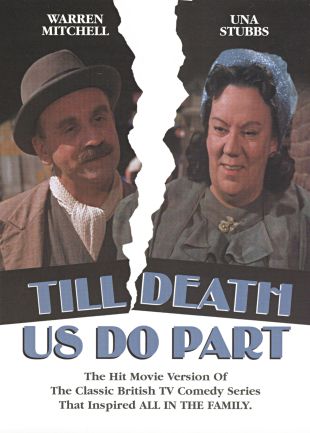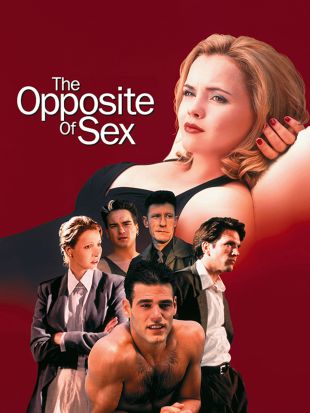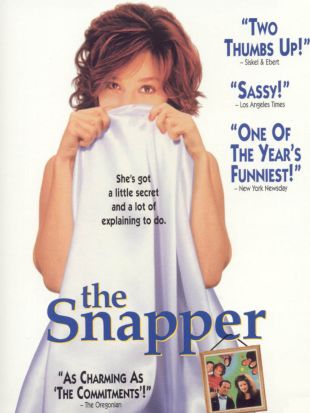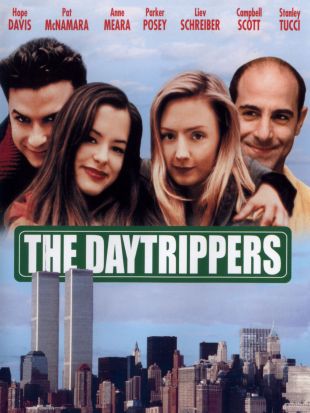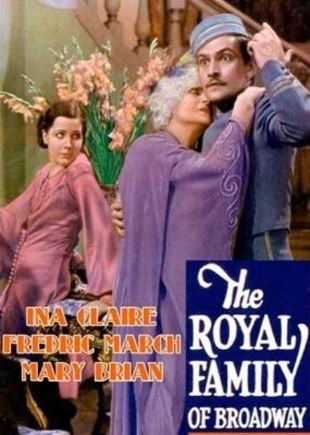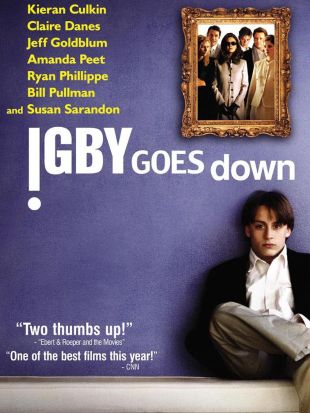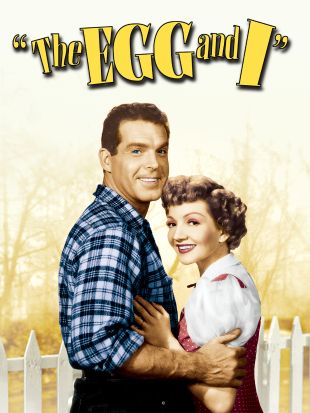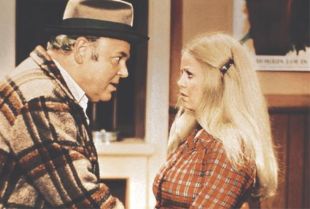
All in the Family (1971)
Directed by Norman Lear
Genres - Comedy |
Sub-Genres - Domestic Comedy, Sitcom [TV] |
Run Time - 30 min. |
Countries - United States |
Share on
Synopsis by Hal Erickson
"The program you are about to see is All in the Family. It seeks to throw a humorous spotlight on our frailties, prejudices, and concerns. By making them a source of laughter, we hope to show -- in a mature fashion -- just how absurd they are." With this carefully worded disclaimer, the CBS television network ushered in a new era of television comedy on January 12, 1971, with the premiere of All in the Family. Inspired by the British sitcom Till Death Do Us Part, the series was proposed by producers Norman Lear and Bud Yorkin in early 1968, and a pilot episode titled "Those Were the Days" was commissioned by ABC. From the beginning, Carroll O'Connor and Jean Stapleton were "set" as leading characters Archie and Edith Bunker (original last name: Justice), though two unknowns were cast as the couple's daughter, Gloria, and son-in-law, Mike Stivic. Also from the beginning, it had been decided to retain the controversial nature of the original British series, with bigoted hard-hat Archie forever at odds with his flaming liberal son-in-law. Alas, ABC had just been burned by the hostile reception afforded another hot-potato project, Turn-On, and had lost its taste for controversy, even when Lear and Yorkin toned down the venom in a second pilot. But in 1970, CBS, in desperate need of a hit for its sagging Tuesday-night lineup, decided to take a chance on "Those Were the Days," which by now had been christened All in the Family, and had added Sally Struthers and Rob Reiner to the cast as Gloria and Mike. Worried that audiences might be unkindly disposed to Archie Bunker's incessant harangues against "hebes," "spics," and "coloreds," CBS prefaced the first episode with the aforementioned disclaimer. Though the opener ended up an anemic 54th in the ratings (due primarily to the decision by several affiliates not to air the program, or to reschedule it to a "fringe" time slot), the first All in the Family was the topic of conversation in virtually every household and place of business in America before the week was out.
By the time the series began in its second season in the fall of 1971, All in the Family was CBS' top-rated program, a status it enjoyed for the next five years. Archie Burnker, a loading-dock supervisor who resided at 704 Houser Street in Queens, NY, was a firm and immovable believer in America, right or wrong (but mostly far, far right). Offsetting Archie's racial slurs, antediluvian political beliefs, and incessant malapropisms was his somewhat foolish but fundamentally good-hearted wife, Edith (or "Dingbat," as Archie designated her); his budding-feminist daughter, Gloria; and Gloria's long-haired, radical husband, Michael Stivic (aka "Meathead" and "Polack"), who while attending graduate school lived with Archie and Edith, and all but ate them out of house and home. In virtually every episode, an Issue (with a capital "I") was brought to the forefront -- gun control, the sexual revolution, homosexuality, religion, integration, rape -- with Archie taking the diehard conservative viewpoint, Mike assuming the liberal stance, Gloria siding with Mike, and Edith sitting on the sidelines making inane (but sometimes surprisingly sensible) comments. Usually, Archie would be hoisted by his own bigoted petard, but sometimes Mike would be trapped in the morass of his good intentions. Whatever the case, All in the Family tackled subject matter that only a few years earlier would have been rejected out of hand on network television, using language that likewise had seldom if ever been heard on the small screen. In this respect, All in the Family can be regarded as the single most influential situation comedy in television history.
Over the years, Archie's character mellowed a bit, but fundamentally he remained the same opinionated jerk he'd been in the first episode. Through it all, however, one never doubted that the members of the Bunker family all loved one another dearly and intensely. In addition to the "core" regulars, several other recurring characters paraded past Archie's beloved easy chair: Lionel Jefferson (Mike Evans), a black friend of Mike and Gloria's who, much to Archie's dismay, became their across-the-street neighbor (Lionel's upscale black family would later be spun-off into their own series, The Jeffersons); Irene and Frank Lorenzo (Betty Garrett and Vincent Gardenia), who were every bit as broad-minded as Archie was not; Bert Munson (Billy Halop), an employee at the cab company where Archie moonlighted; Archie's co-worker and lodge buddy Barney Hefner (Allan Melvin); and Tommy Kelsey (Brendan Dillon, and later Bob Hastings), owner of Kelsey's Bar, Archie's favorite hangout. At the beginning of the 1975-1976 season, Gloria and Mike moved next door to Archie and Edith, and in December of 1975, Gloria gave birth to her first child, a boy named Joey. During the 1976-1977 season, Archie met yet another sociological opponent in the form of Puerto Rican boarder Teresa Betancourt (Liz Torres). And as the 1977-1978 season began, Archie made the momentous decision to quit his job and purchase Kelsey's bar, which he renamed Archie Bunker's Place. This season ended with Mike, Gloria, and Joey bidding farewell to Archie and Edith when Mike landed a teaching job in California. The Stivics' former sleeping quarters were taken over in 1978 by Stephanie Mills (Danielle Brisebois), Edith's niece, who had been abandoned by her ne'er-do-well father.
All in the Family per se came to an end with the final episode of the 1979-1980 season; thereafter the multi-award-winning series was known as Archie Bunker's Place. In addition to its prime-time run, All in the Family was seen in rerun form as part of the CBS daytime lineup from December 1975 to December 1979; and in 1991, selected episodes of All in the Family were run in tandem with a newer but much (much) less successful Norman Lear production, Sunday Dinner, which debuted and wrapped within a month.
Characteristics
Moods
Themes
Keywords
family-dynamics, bigotry, liberalism, controversial, prejudice

